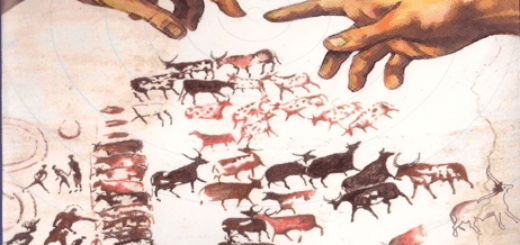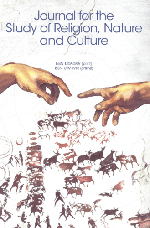Todd LeVasseur – A “Tough Love” Letter to Religious Studies Scholars
We’re excited to share this important essay from Todd LeVasseur reflecting on the necessity of religious studies to engage more seriously with climate change and the intersections of religion and ecology. He argues that “we are precisely at a time when we need religious studies to help shape both the environmental humanities and sustainability in higher education.” His piece, Dispatches from the Rhodian Shore: A (Tough) Love Letter to Religious Studies, was published by Religion Dispatches.
Here is an excerpt from Dr. LeVassuer’s piece:
When writing as critical scholars of religion about the impacts and role of religion in society we need to broaden our remit, and must do so quickly. Let me explain why.
It’s probably best to start with environmental history, thus the name for this dispatch. It’s a riff on the geographer Clarence Glacken’s magisterial 1967 opus with the completely accessible title, Traces on the Rhodian Shore: Nature and Culture in Western Thought from Ancient Times to the End of the Eighteenth Century. The book is similarly dry, but oh so full of important facts and syntheses of Western (and of course, sadly, male) intellectual thought about interactions between humans and nature. Glacken condenses 2000 years of Western thought about nature to three themes, the third of which I’m interested in here: “the idea of man [sic] as a geographic agent.”
First, let’s jump ahead to data points about human impact on the natural world that Glacken didn’t have in 1967. These updated data points will overly determine everything in society moving forward, including how humans produce religion and thus how we academically study, research, and teach about it. They’re also data points published in just the last two months, bridging 2020 into 2021. Trends suggest future data points will only be more alarming and more severe, but we’ll get to that…
You can read the full article at Religion Dispatches.
And be sure to catch Dr. LeVasseur at our upcoming ISSRNC conference, where he will be part of the panel “Tending to All (Academic and Political) Relations During (Socio-Ecological) Collapse” on 2/28.












